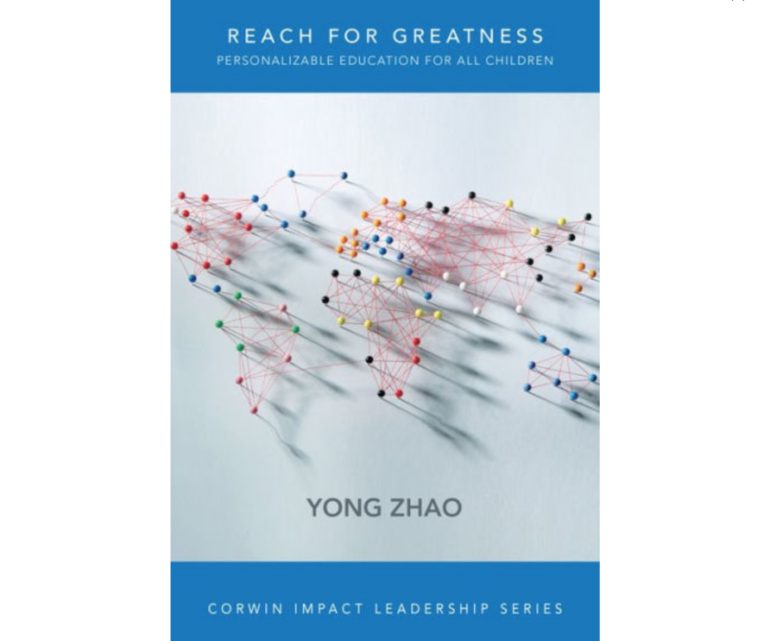In a college lecture course, divided attention caused by technology distractions didn’t harm student learning in the short term. But, on the final exam, it hurt both those who used the technology and those around them. With research like this, we can help students use technology more responsibly. Continue reading
Tags
ADHD adolescence attention autism book review boundary conditions classroom advice conference speakers constructivism/direct instruction creativity desirable difficulty development dual coding elementary school embodied cognition emotion evolution executive function exercise experts and novices gender high school homework intelligence long-term memory math methodology middle school mindfulness Mindset motivation neuromyths neuroscience online learning parents psychology reading retrieval practice self-control skepticism sleep STEM stress technology working memoryRecent Comments
- How To Instill A Growth Mindset Early on Parent-Child Interactions: Forming Beliefs About Intelligence
- Incremental Steps with Growth Mindset |Education & Teacher Conferences on Growing Mindsets in Argentina?
- Comic Sans Font: The Most Popular Casual Typeface on Don’t Hate on Comic Sans; It Helps Dyslexic Readers (Asterisk)
- Grit Theory for Personal Development: Succeed with Tenacity on Grit: The Power of Passion and Perseverance by Angela Duckworth
- What is cognitive break? – Focuskeeper Glossary on Can Quiet Cognitive Breaks Help You Learn?
ABOUT THE BLOG












